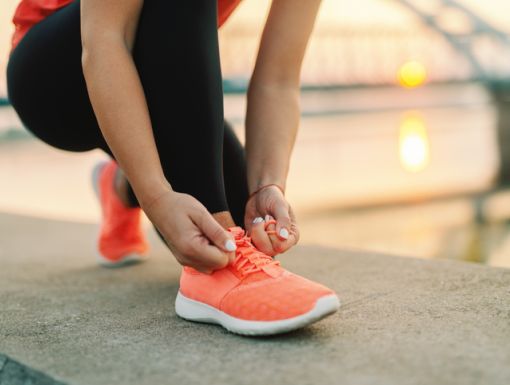
Coronavirus and Pets
For many of us, our furry friends are like family, and we want to make sure they stay healthy and well. But should you be worried about your pet catching COVID-19 or possibly passing COVID-19 along to you?
According to the CDC, only a few pets have tested positive for COVID-19, and currently, the risk of pets spreading the infection to people is very low. However, you should treat pets like you would any other human family member and follow certain guidelines.
Did COIVD-19 start in animals?
Coronaviruses are a large family of viruses, some causing respiratory illness in people and others circulating among animals, including camels, cattle, cats and bats. While it may be uncommon that an animal coronavirus can spread to a human, that is currently what is thought to have occurred with COVID-19. The origins of COVID-19 have been traced back to a bat.
Should I worry about spreading COVID-19 to my pets?
There is still a lot to be learned about COVID-19 and how it may or may not affect animals, but it is believed that the risk of spreading COVID-19 to your furry friends is low. However, there have been a small number of reports of animals contracting COVID-19 in the United States. Most of these animals that tested positive for COVID-19 had recently interacted with a person who tested positive, and only a few of the positive cases showed signs of being sick.
Until we know more about COVID-19 and how it spreads to animals, the CDC recommends you follow certain precautions to lower the risk of your pets catching COVID-19:
- Don’t let pets interact with other people or pets outside your home
- Try to keep cats inside, if possible, to prevent them from interacting with other people or outdoor animals
- Avoid dog parks or places where large numbers of people and dogs gather
- When you take your pet for a walk, keep them on a leash and maintain at least 6 feet between you and other people and dogs.
- If a family member in your household becomes sick, that person, if they can, should isolate themselves from other household members, including pets.
What should I do to protect my pets if I get COVID-19?
Just like with any other person in your household, if you contract COVID-19, you should self-isolate, if possible, and avoid interactions with any other people or animals in your home. Try not to get in close contact with your pet while you are displaying symptoms.
- If you live with someone else, have them care for your pets while you are sick
- Avoid close contact with your pet, including petting, cuddling, being licked or letting your pet sleep in the bed with you.
- If you must interact with your pet while you are sick, where a cloth face covering and wash your hands before and after you touch them.
If you think your pet has contracted COVID-19 after being around you, do not bring your pet to the vet yourself. Call your vet first and let them know if either you or someone your pet interacted with was sick with COVID-19. Depending on their policies and procedures during this time, they may offer telemedicine visits and can give their advice for care over the phone, tablet or computer. They can help determine the next steps that are best for your pet.
Should you worry about animals spreading COVID-19 to you?
According to the CDC, there is no current evidence that shows pets play a significant role in spreading COVID-19 to people in the United States. However, even without COVID-19, animals do carry germs, so we do recommend you keep the following in mind anytime you interact with an animal:
- After handling an animal or their food, waste or supplies, you should wash your hands
- Young children, the elderly and those that are immunocompromised are more likely to get sick if they catch germs from an animal
- Always practice good pet hygiene and clean up after your pet
Continue to discuss any questions or concerns you may have regarding your pets with your veterinarian.
The information in this blog post is accurate at the time of publication. However, as the situation surrounding COVID-19 continues to change, it's possible that information has changed since being published. While Ochsner Health is trying to keep our blog posts as up-to-date as possible, we also encourage readers to stay informed on news and recommendations by using the CDC website.



